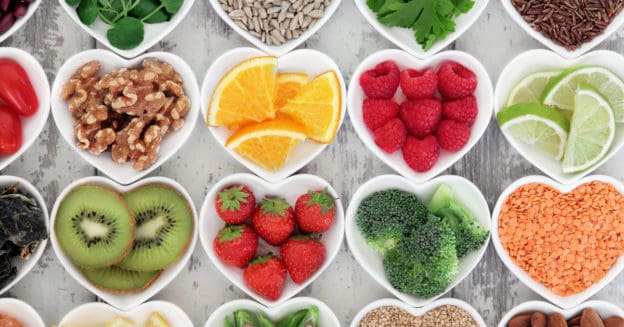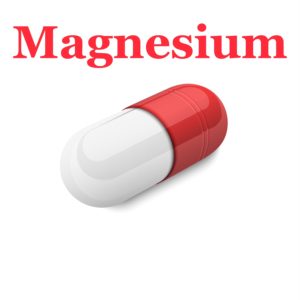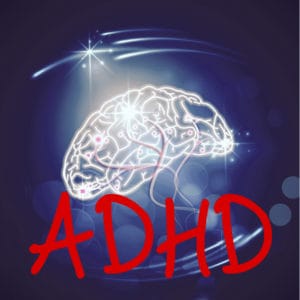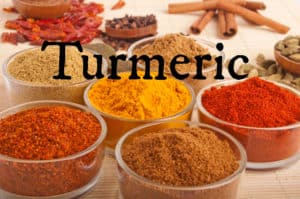Black seed oil is a supplement that comes from a plant native to Eastern Europe, Western Asia, and the Middle East. It is extracted from the seeds of the plant to produce an oil that can be used topically or ingested. The oil is also known as black cumin oil, Nigella sativa oil, and Kalonji oil. This oil has been used medicinally for a few thousand years.
The active ingredient in black seed oil is called thymoquinone, which is the main component of the oil responsible for the many health benefits it has.
This oil has several health benefits to our bodies when ingested. These benefits include help with better liver and kidney function, , heart health, digestive health, diabetes, antibacterial benefits, and antioxidant benefits.
Liver and Kidneys
Some research shows that black seed oil has many protective effects on the liver because of the active ingredient thymoquinone. Thymoquinone works by reducing inflammatory responses, reducing the size of kidney stones, and increasing the chance of kidney stones going away altogether.
Heart Health
Some studies show that black seed oil has blood pressure-lowering effects, as well as cholesterol-lowering effects. This is true of total cholesterol and LDL cholesterol (the “bad” cholesterol), and can also help increase HDL cholesterol (our “good” cholesterol).
In the same study investigating weight loss with black seed oil use in women, the results showed that their triglycerides, or fat, were also lower. Lower blood pressure, lower cholesterol, and lower triglycerides all help lower the risk of heart disease.
Digestive Health
Black seed oil may have antimicrobial properties and promote healing of the gut. A few studies have also shown that black seed oil, taken with the common drug omeprazole which is used for heartburn and acid reflux, has therapeutic effects on bacterial activity. Some animal research has also shown inhibiting effects of candida growth in rats. Candida is a yeast that can grow too much in the gut, causing symptoms like gas, bloating, muscle aches, and even mood swings.
Diabetes
Black seed oil has been used for treatment of diabetes. A large amount of evidence has shown improvement in blood sugar levels, an increase in insulin, the hormone that regulates blood sugar, and a decrease in hemoglobin A1c, which is an indicator of diabetes.
Antibacterial Benefits
In animal research, thymoquinone decreased inflammation and improved gut barrier function in rats. Black seed oil, taken orally, has also been shown to have an antibacterial effect in the liver in mice, and antibacterial effects against MRSA in vitro.
Antioxidant Benefits
Thymoquinone is known to have antioxidant defense mechanisms through several different pathways. Some of these pathways include inhibiting fat production in liver cells, inhibiting enzymes that promote inflammation, enhancing natural killer cell activity, and stimulating immune cells. Thymoquinone also increases the right ratio of some immune cells, reduces the production of inflammatory indicators, overall decreasing oxidative stress in the body.
Usage and Dosage
This supplement can be ingested or used topically on the skin for healing purposes.
It may cause an allergic reaction when used topically, but it’s been reported to have healing effects for the skin including eczema and psoriasis.
Current evidence does not have an established recommended dosage, however, short-term use is recommended at around 1-3 months. There is limited research on long-term use of it, however, using the supplement for 3 months or less hasn’t shown any negative effects.
The dosages of black seed oil may vary from person to person, but they can range from 1000 mg per day to 2-3g per day in capsule or liquid form.
One study done in rats recommends an upward limit of 900 mg per day for humans, yet
500mg per day of isolated thymoquinone may be suitable for most.
Studies currently show no toxicity symptoms at doses as high as around 250mg of TQ in humans, granted this is much higher than the suggested 500mg/day.
Supplement Quality
When looking for quality black seed oil, consider the following content of the product:
- Certified organic
- Cold-pressed extraction of the oil; heat extraction can damage the composition.
- Brands that name the origin country of the seeds.
- Avoid brands that claim high concentrations of thymoquinone; this is an imbalanced ratio of compounds.
Side Effects of Black Seed Oil
This oil can interact with some medications, including warfarin and beta blockers. It’s important to consult with your doctor about taking this supplement.
No negative effects have been reported from use, aside from one study which showed side effects of nausea, bloating, and a burning sensation in patients with indigestion when taken orally.






